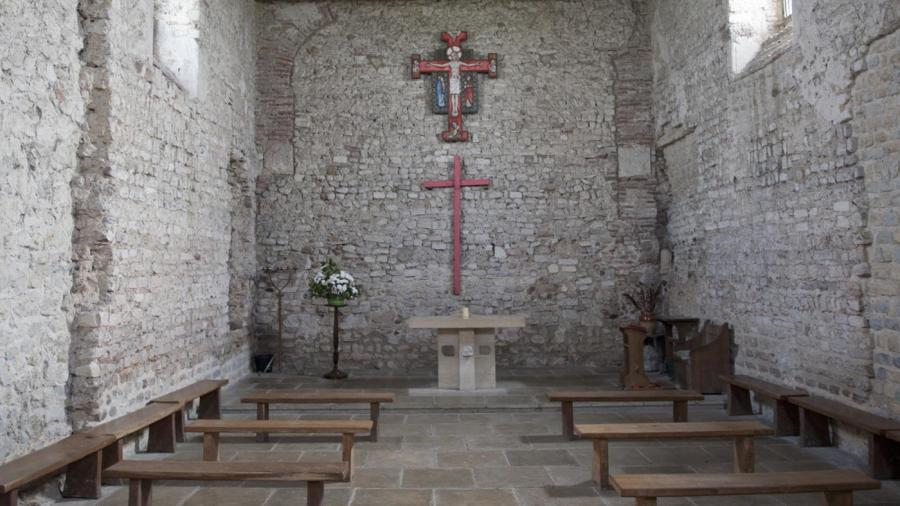What Were the Puritan’s Beliefs About Human Nature?

Puritans believed that human nature was inherently sinful with salvation only attainable through God’s grace; however, Puritans also believed in predestination, which stated that only a chosen few were eligible with no hope of recourse for the rest. Those who belonged to the elite elect were liable to lose their privilege through sinful behavior, which had to be guarded against constantly.
Puritans explicitly compared their settlement of the New World to the struggles of the Israelites, searching for messages and revelations from God in the natural world. Their belief in themselves as a member of the elect as well as a general belief in the Puritans as a chosen ones led to brutal violence perpetrated against the Quakers, Native Americans and non-Puritan settlers. The Puritans were often criticized for their hypocrisy, most famously in Nathaniel Hawthorne’s short story “Young Goodman Brown,” in which a young man witnesses the sins and corruptions of the supposedly moral townspeople.
Puritans allowed themselves to be ruled through consensus and self-governance, but they simultaneously promoted a watchdog community where neighbors spied on each other. The hysteria and paranoia eventually spiraled into the Salem witch trials, especially since the Puritans had an exceptionally superstitious streak in them.





